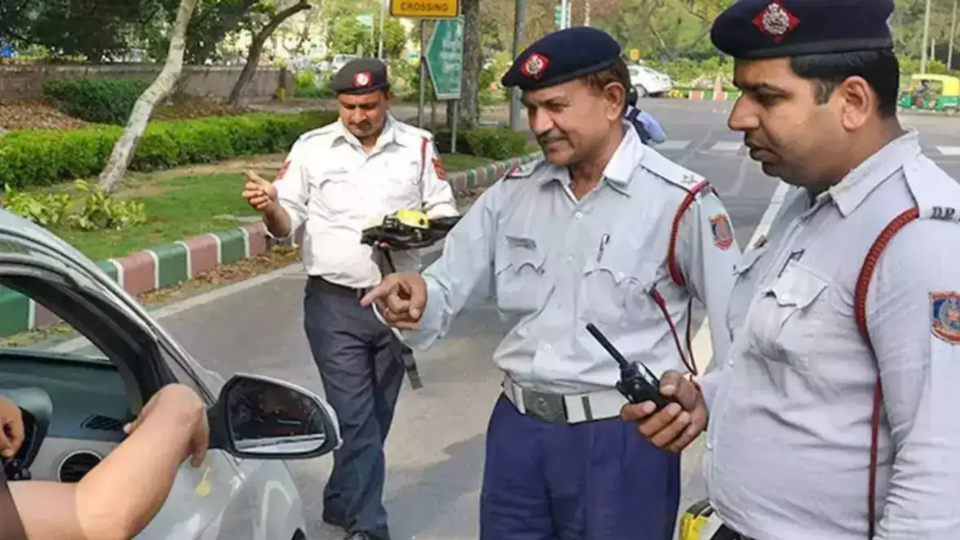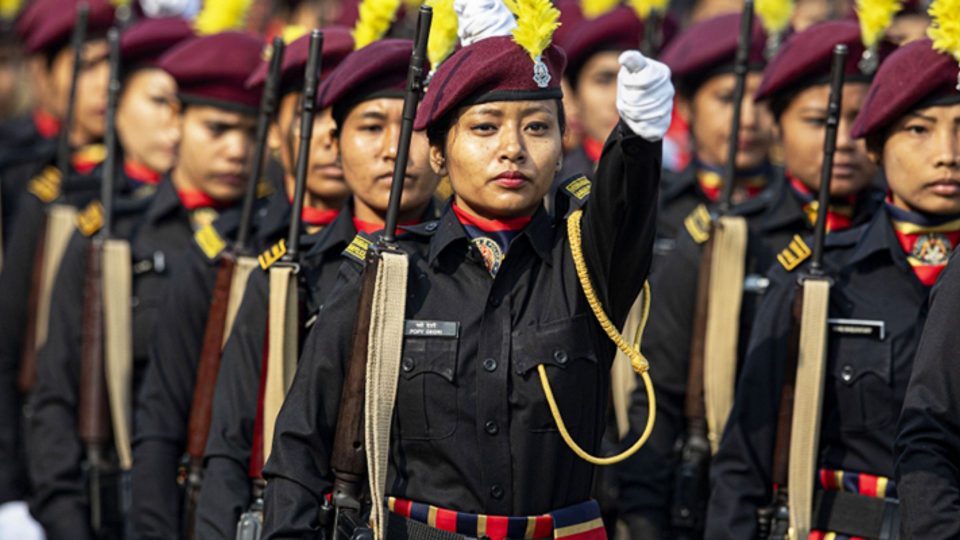
Now You Can Withdraw Cash From ATMs Without Even Touching It
As less contact is becoming a new normal amidst the pandemic, firms have started compiling with the norm and banks are no exception. Allowing us contactless bank experience, Mastercard has partnered with AGS Transact Technologies to provide a pan India ‘contactless’ cash withdrawal experience at ATMs.
In very simple words, from now, Mastercard cardholders will need to scan the QR code on the ATM machine screen using the bank’s mobile application and then enter the amount they want to withdraw and the ATM PIN in the app. And once done, the ATM will dispense the money without you needing to even touch the ATM machine.

AGS Transact Technologies will enable this ‘contactless’ QR-based cash withdrawals on all ATMs in its network in a phase-wise manner, reports Times Now.
Ravi B Goyal, Chairman and MD, AGS Transact Technologies Limited said: “We are delighted to partner with Mastercard to spearhead customer-centric solutions focusing on contactless payments. We are confident that the QR based cash withdrawal will be a gamechanger towards increasing the adoption of contactless technologies.”
Also Read: Step-By-Step Guide On How To Book A Bus Ticket Online Via IRCTC’s New Bus Booking Website
“As a trusted partner in this journey, we have designed customer-friendly solutions to provide seamless transactions, without any breaks in the transaction process in case of multiple cardless withdrawals,” he added.
So from now on, if you own a MasterCard, all you need to do is follow four steps process at the nearest enabled ATM – open your bank’s app, scan the QR displayed on the ATM screen, then confirm the withdrawal on the banking app by entering mPIN and collect the dispensed cash from ATM.
Commenting on the partnership, Vikas Varma, Chief Operating Officer, South Asia, Mastercard said: “Mastercard is committed to develop safe, secure, and more convenient ways to make payments with its technology and expertise. During these unprecedented times, there is a need for contact-free cash withdrawal as people want to maintain a balance between protecting themself and continue to make transactions essential to maintain daily lives.”



